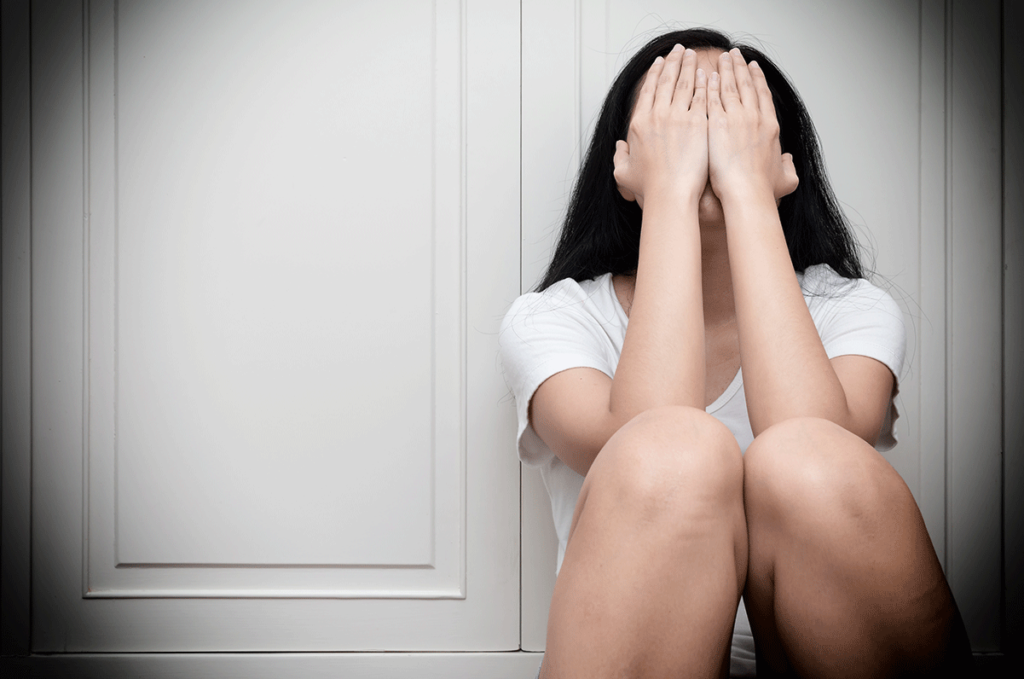Once a person reclaims their lives from addiction, great things happen. They get jobs, buy new cars, build trust and relationships with their families, and can see that life is better without substances. However, life will bring downers and cause anxiety to occur. Hard times cannot be 100% avoided. However, to prevent anxiety from causing relapse and ruining the progress recovery has created, it is necessary to address anxiety seriously. Understanding what anxiety is outright is essential in determining why a person may experience it differently.
Anxiety is an emotional, mental, and physical response to something causing a person to experience fear, which can feel like worry, stress, nervousness, and even panic. For people in recovery, the list of what brings anxiety to each individual is often quite long. Typical fears those new in recovery often have include feeling comfortable in social settings, finding and getting hired for a new job, financial stability/ability, family gatherings, being alone, or even going to their first AA or NA meeting. These situations can cause a person in recovery to feel an enormous amount of anxiety, which can undoubtedly lead to a drug relapse if not acknowledged. An aftercare program is also crucial to maintaining sobriety.
Anxiety and Drug Relapse
The ways newly recovering individuals can acknowledge their anxiety about specific situations or experiences is to first label them as potentially dangerous. It’s essential to know the connection between mental health and drug relapse. Everyone in recovery will respond to various facets of life differently. For one person, they may know spending time with a particular parent or relative at the beginning of their recovery is inappropriate. It may bring on too many poor emotions and cause them to feel anxious and uncomfortable. Another individual may need to attend all social events with a close friend for many years to be okay. Awareness of what causes anxiety in recovery is vital to remaining clean and sober. It is a part of what it means to be in recovery.
The next step after a person has become aware of what triggers anxiety is to find ways to counter their stress and anxiety generally. Finding ways to reduce everyday stress and anxiety makes the more difficult anxiety-causing situations less powerful. It is incredible how many people in recovery discover how great they feel when exercising routinely. It is a staple of their existence because they have become fully aware of how well it diminishes stress and boosts their mood.
Another method people in recovery use to combat daily stressors is to spend time meditating or connecting with their higher power. The number of rewards that regular exercise and spirituality bring to someone living a drug and alcohol-free life makes it so that when tough times arrive, they are already relatively stressed and anxiety-free, so the more heavy-hitting situations are less so.
Signs of Oncoming Relapse
Suppose a person in recovery begins to experience depression or anxiety about something that is not fixable, like the death of a loved one. In that case, it can be an indication they may start to self-medicate with drugs and alcohol again. A sure sign someone is struggling with unresolved anxiety is when they stop participating in the activities that help keep them stress and anxiety-free.
For example, if they used to go to the gym every day and suddenly stopped going, or they used to meditate every morning and no longer do that, it may be a sign that something is wrong. If a person in recovery begins isolating themselves from friends and loved ones, that is another significant sign.
Signs of oncoming relapse include
- Isolating
- Lack of interest in pleasurable activities
- Thinking more about using substances
- Stressful situations
Those in recovery need to look out for these signs, and those who love them can be aware of the signs to aid their loved ones in recovery.
Help Reduce Your Anxiety
Exercise and spirituality reduce anxiety and stress, but giving and receiving support from others in recovery cures anxiety. Forming connections to others in reliable recovery is the most valuable coping method for anxiety. Anyone new to recovery must be involved with a supportive group, such as AA, NA, or another recovery-focused group. All those recovering from addiction will explain that they can love life clean and sober through their connections with others in recovery or who are supportive of their recoveries, such as a counselor or sponsor.
One of the greatest gifts of recovery from addiction is the numerous safe and rewarding ways to deal with stress, worry, and anxiety. Exercise and spiritual health and the connections that someone makes with others in recovery- to learn how they got through their anxiety-causing situation- is how recovering individuals remain drug and alcohol-free AND learn to have and keep peace of mind.
Treat Anxiety and Drug Relapse at Evoke Wellness at Miramar
If you are struggling with anxiety and addiction, we understand. At Evoke Wellness at Miramar, we specialize in treating co-occurring disorders like anxiety and addiction. We offer a variety of evidence-based therapies and holistic healing modalities to help you heal the mind, body, and spirit. Our goal is to help you build a foundation for long-term recovery to lead a happy, healthy, and fulfilling life.
If you or a loved one are struggling with anxiety, addiction, or both, please call us at 866.931.9312 to learn more about our treatment programs.


